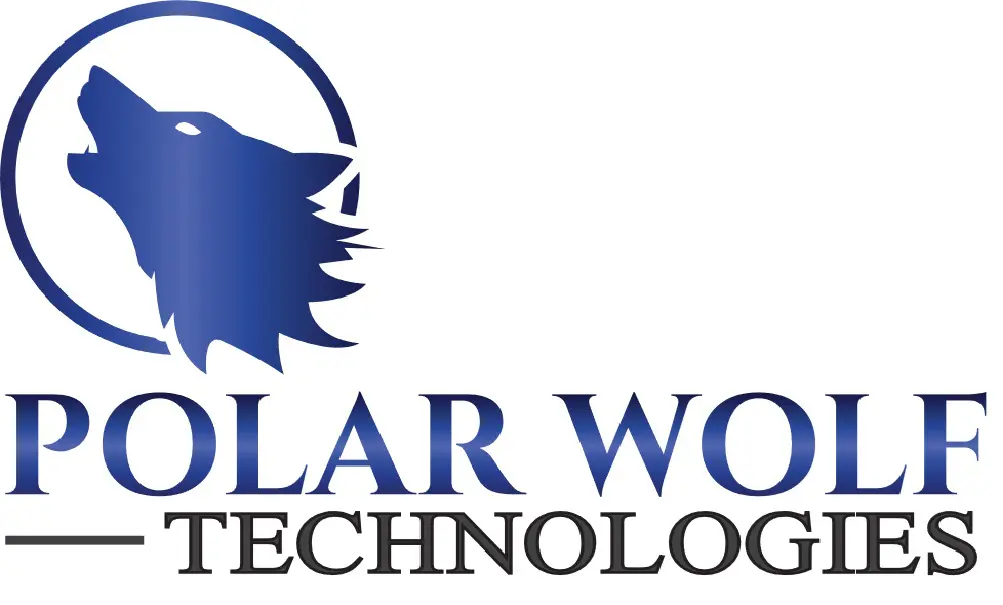How Technology is Revolutionizing Supply Chain Management
In the ever-evolving world of business, technology has become a cornerstone of efficiency and innovation. Nowhere is this more evident than in supply chain management. From inventory tracking to logistics optimization, advanced technologies are transforming how businesses operate, making supply chains faster, smarter, and more responsive than ever before.
Here’s how technology is revolutionizing supply chain management:
1. Enhanced Visibility with IoT (Internet of Things)
The Internet of Things (IoT) is reshaping supply chain visibility by connecting devices, sensors, and systems. IoT-enabled trackers and sensors can monitor shipments in real-time, providing valuable data on location, temperature, humidity, and more.
- Impact: Businesses can prevent spoilage, track delays, and optimize delivery routes.
- Example: Cold chain logistics for pharmaceuticals use IoT sensors to ensure temperature-sensitive products remain viable during transit.
2. Automation and Robotics
Automation is reducing manual tasks in warehouses and production facilities, increasing efficiency and accuracy. Robotics plays a crucial role in:
- Sorting and packing goods.
- Managing inventory.
- Reducing errors in repetitive tasks.
Automated guided vehicles (AGVs) and robotic arms are becoming staples in modern warehouses, significantly speeding up operations.
3. Data-Driven Insights with Big Data and Analytics
Big data analytics allows companies to harness vast amounts of information to improve decision-making. By analyzing historical and real-time data, businesses can:
- Forecast demand more accurately.
- Identify potential risks in the supply chain.
- Optimize procurement and logistics.
For example, predictive analytics can help identify seasonal trends, enabling companies to stock appropriately and reduce waste.
4. Blockchain for Transparency and Security
Blockchain technology is enhancing transparency and security across supply chains by creating immutable records of transactions. This ensures:
- Authenticity of goods.
- Accurate tracking of materials from origin to delivery.
- Reduced risks of fraud or counterfeiting.
Industries like food and luxury goods benefit greatly, as blockchain provides verifiable proof of origin and quality.
5. Artificial Intelligence (AI) and Machine Learning
AI is empowering supply chain management by automating decision-making and optimizing processes. Machine learning algorithms analyze patterns and provide actionable insights to:
- Improve demand forecasting.
- Optimize delivery routes.
- Enhance inventory management.
For instance, AI-powered chatbots assist in customer service by providing real-time updates on shipment status.
6. Cloud Computing for Collaboration
Cloud technology allows supply chain partners to access and share data seamlessly. By centralizing information in the cloud, businesses benefit from:
- Improved collaboration across teams.
- Faster decision-making.
- Reduced IT costs.
Platforms like SAP and Oracle are widely used for managing supply chain operations in real-time.
7. Sustainability through Technology
Technology is also helping businesses build more sustainable supply chains. Tools like route optimization software, IoT for energy monitoring, and AI-driven waste reduction programs are reducing the environmental footprint of supply chains.
Conclusion
Technology is not just improving supply chain management—it’s revolutionizing it. From real-time tracking with IoT to advanced analytics powered by AI, these innovations are creating more efficient, transparent, and sustainable supply chains.
As technology continues to evolve, companies that embrace these advancements will be better positioned to adapt to market demands, reduce costs, and stay ahead of the competition. Now is the time to invest in the technologies shaping the future of supply chain management.


